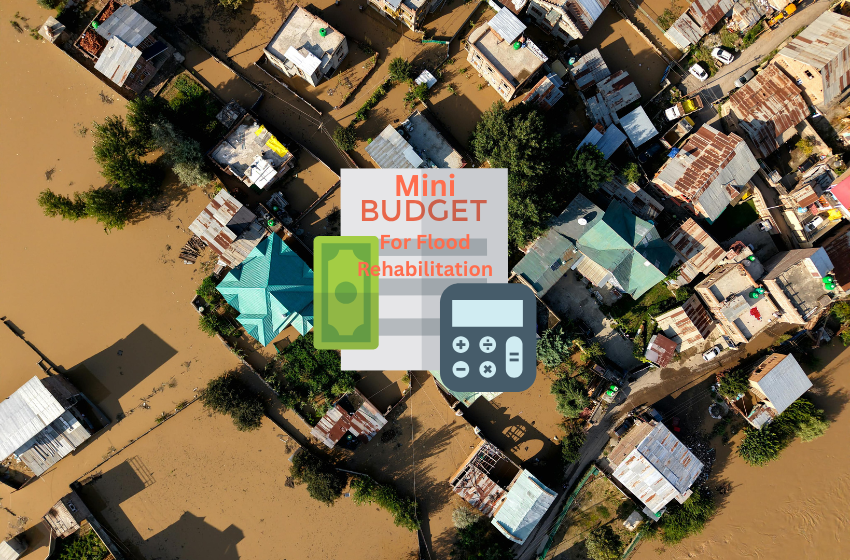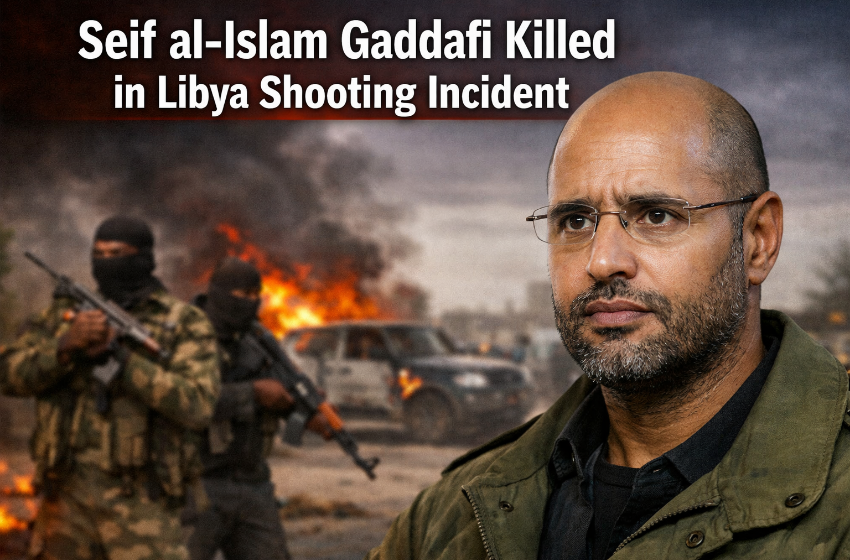
Govt Considers Mini Budget for Flood Rehabilitation 2025
Govt considers mini budget for flood rehabilitation as it struggles with revenue shortfalls caused by the recent devastating floods. The proposed measures include new levies on cars, cigarettes, electronic goods, and over 1,100 imported items. If approved, the mini-budget could help raise billions for relief and rehabilitation while meeting fiscal targets linked with the International Monetary Fund (IMF).
Why the Government Considers a Mini-Budget?
The government is facing a serious financial challenge after floods caused heavy losses across the country. Official data shows a tax shortfall of Rs40 billion during July and August 2025. Experts believe the gap could exceed Rs100 billion by the end of September.
To bridge this gap, Finance Minister Muhammad Aurangzeb chaired a high-level meeting to discuss a Flood Levy Bill, which could introduce a series of fresh revenue measures. Sources suggest the government is targeting at least Rs50 billion, though the final figure may go higher.
What Items Will Face New Levies?
According to insiders, the proposed mini-budget focuses on luxury and high-demand products. Items under consideration include:
- Cigarettes: A flat levy of Rs50 per packet, regardless of brand or price.
- Electronics: A 5% levy on goods priced above a certain threshold (still under review).
- Cars: The government plans to impose additional duties on vehicles with an engine capacity of 1,800cc or above, which are already among the most heavily taxed items in Pakistan.
- Imported Goods: A levy on over 1,100 imported products, equal to the reduction in regulatory duties made earlier under IMF trade reforms.
These levies will be federal revenue and will not be shared with provinces, giving the government greater control over funds for flood rehabilitation.
Balancing Revenue and Public Impact
One major challenge for the government is striking a balance between revenue generation and public acceptance. While the levies target luxury goods, the cigarette tax could affect both rich and poor, making the government’s “tax the wealthy” narrative harder to defend.
Industry leaders have also raised concerns. Ali Asghar Jamali, CEO of Indus Motors, recently said that government taxes already account for 30% to 61% of a car’s price, making vehicles unaffordable for many buyers. Adding more levies, he warned, will further hurt the struggling auto sector.
IMF and Legal Concerns
The proposed mini-budget comes at a sensitive time, as an IMF-supported trade liberalisation programme binds Pakistan. Under this deal, the government cannot reverse regulatory duty cuts. Instead, it plans to impose a new levy equal to those reductions. However, convincing the IMF of this plan during the upcoming review may prove difficult.
Legal experts have also raised questions about the constitutionality of federal levies on certain goods. During the finance ministry meeting, officials debated whether such measures could face legal challenges.
Flood Damage and Relief Efforts
The government is debating revenue measures and also assessing flood damages. Planning Minister Ahsan Iqbal chaired a meeting of the Prime Minister’s Committee on Flood Damages in Islamabad.
Key takeaways include:
- Provinces agreed that a final damage assessment is only possible once floodwaters recede.
- A preliminary report will be ready within 10 days.
- Relief and rehabilitation operations are being carried out jointly by federal and provincial authorities.
- A comprehensive Post-Disaster Needs Assessment will be conducted with the help of international organisations.
Iqbal urged the media to avoid speculation, stressing that all figures will be released transparently.
Criticism of the Government’s Approach
The mini-budget proposal has also drawn criticism. Economists and business groups argue that the government should cut unnecessary expenses instead of relying on fresh levies. Critics say constant taxation discourages investment, hurts industries, and burdens citizens already facing high inflation.
The IMF has also questioned new tax proposals in the past, including a plan for a municipal tax to finance a major hospital project in Islamabad. Observers warn that frequent tax hikes could create further economic instability.
How will the Government Balance the Mini Budget for Flood Rehabilitation?
The govt. considers a mini budget for flood rehabilitation. This move highlights the difficult balance between meeting IMF conditions, addressing revenue shortfalls, and supporting flood-hit communities. While new levies could raise much-needed funds, they also risk creating public backlash and hurting industries.
In the coming weeks, the final decision by Prime Minister Shehbaz Sharif will determine whether these proposals become law. For now, the nation waits to see how the government will balance fiscal responsibility with social relief in the face of one of the worst flood crises in recent history.









